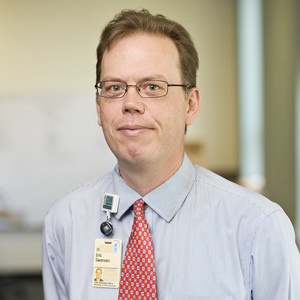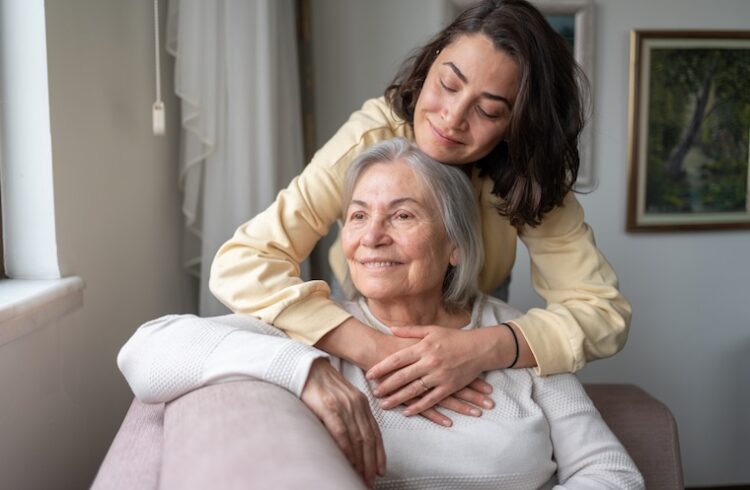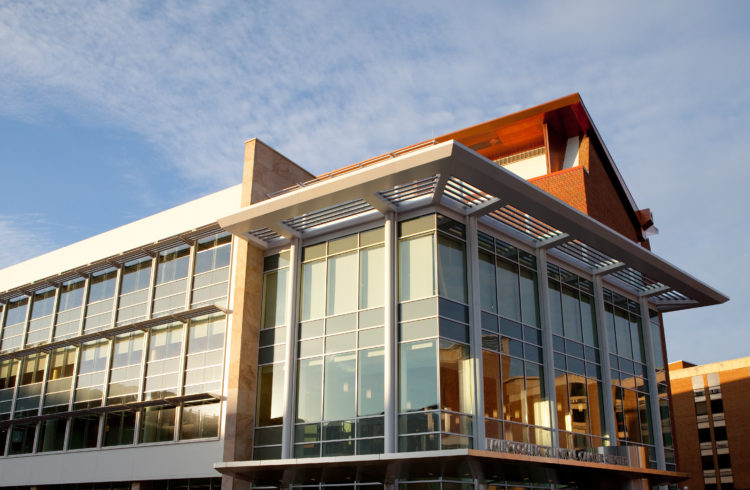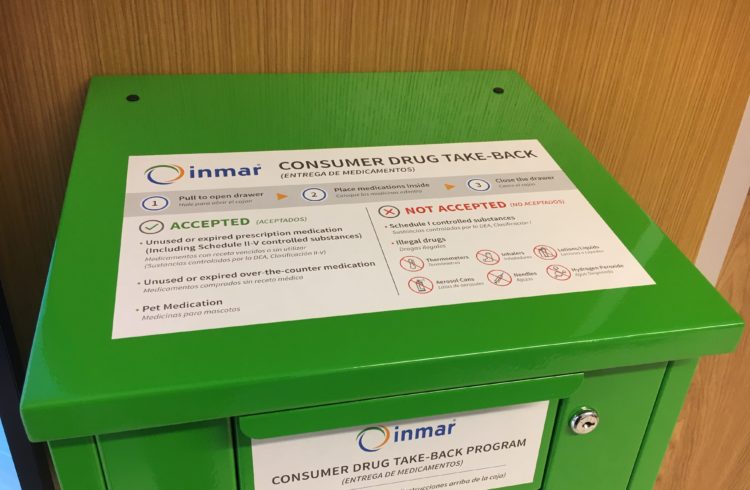
The enhanced stroke collaboration between UVA Health and Sentara Martha Jefferson Hospital will also involve working closely with local emergency medical services providers.
UVA Health, community healthcare organizations and EMS agencies in seven Central Virginia counties are partnering to expand healthcare services in these rural communities, including for patients experiencing a stroke.
Backed by a three-year, $1.5 million grant from the federal Health Resources & Services Administration, the new program will provide education and training opportunities on stroke, pre-hospital emergency care, and post-hospital follow-up care for paramedics, emergency medical technicians, nursing and EMS trainees, community health workers and other rural healthcare providers. Program partners include EMS agencies and community health organizations in Buckingham, Culpeper, Greene, Louisa, Madison, Nelson and Orange counties. Additionally, ambulances in these counties will be outfitted with UVA Health’s iTREAT mobile telemedicine system.
Through iTREAT, paramedics who suspect patients are having a stroke are connected through a secure live video link to UVA’s specially trained stroke neurologists and emergency medicine physicians. The UVA physicians directly speak to and examine the patient with the EMS provider while the patient is being transported in the ambulance, with the goal of leading to faster treatment times once patients arrive at the hospital. A fast diagnosis is crucial because there is a narrow window to provide the most effective medications and procedures for ischemic strokes, which are frequently caused by a blood clot in the brain. Clot-busting drugs are only safe and effective if delivered within three to four-and-a-half hours of when symptoms begin. Additionally, retrieving the clot from intracranial blood vessels, or “thrombectomy” procedures, are also time-sensitive and can only be done in specially selected patients.
“We are quite grateful to HRSA to have this opportunity to care for our surrounding communities by enhancing the capabilities of paramedics and community health workers in our area. This will help us render excellent care not only for sudden strokes but also for the prevention and follow-up treatment of stroke,” said Nina Solenski, MD, a stroke neurologist at UVA Health’s Comprehensive Stroke Center and the program’s director. “This is urgently needed. Buckingham County, for example, has nearly twice the rate of stroke deaths in non-Hispanic Black individuals compared to the national average. Reversing these types of disparities in our own surrounding communities is our goal and it’s a team effort with all different types of healthcare providers.”
Expanding Training, Educational Opportunities
Training will be focused in three areas:
- Prehospital emergency care: The training for paramedics and other emergency medical service providers will focus on community paramedicine, which seeks to reduce 911 calls for non-urgent medical needs, help patients access primary care services and assist patients in completing follow-up care after they leave the hospital.
- Stroke education: Working with the Blue Ridge Health District as well as Central Virginia Health Services in Buckingham, doctors, nurses and other healthcare providers will receive online continuing education on stroke and other cardiovascular diseases with the help of the UVA Office of Telemedicine.
- Telehealth training: Paramedics, doctors and nurses will receive training in how to integrate innovative telehealth technology into their care plans, preparing them for future career goals.
Along with healthcare providers in these six counties, emergency medical technician students at the Charlottesville-Albemarle Technical Education Center and nursing students at UVA Wise will also receive this training. “This is an important goal of the program. We want to encourage the development of these trainees and get them excited about joining a team of technology-savvy healthcare professionals dedicated to ensuring healthy lives for all,” said George Lindbeck, MD, an emergency medicine physician at UVA Health and the program’s co-director.
Opening Training to Additional Communities
There may be opportunities to expand these training and educational opportunities to paramedics and healthcare providers in other rural communities in the future. Anyone interested in learning more can contact Brett Schneider at telestroke@virginia.edu or 434.243.7090.



